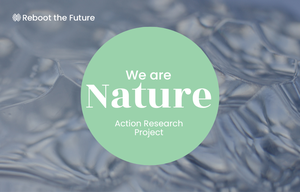
Antarctica Day
Taking place on 1st December every year.
Celebrating Antarctica and the day when the Antarctic Treaty was signed in 1959.
About the event
Antarctica Day was established by the Foundation for the Good Governance of International Spaces (Our Spaces) in 2010. The date was chosen because on the same day in 1959, the Antarctic Treaty was signed. A landmark treaty, it was the first arms control agreement during the Cold War, demilitarising the continent and ensuring it was used for peaceful scientific research.
This day is about celebrating the legacy of rare international cooperation, raising awareness about the issues facing Antarctica and thinking about the connections between the continent, ourselves and the wider world.
How to approach it
Antarctica is a very useful case study for talking about how we must shift our values to build a kinder, greener world. It is barely inhabited by humans, it is distant, but its fate is nevertheless intertwined with our collective future. Understanding this connection will help students to consider the rights of other natural beings and places. It also will highlight how our actions affect Antarctica and how what happens in Antarctica affects us.
Reboot the Future, the operators of Global Dimension, have developed a campaign called We Are Antarctica that reimagines our relationship to this land. The campaign explores these issues through a short film that follows the activist Jack Harries on a journey to Antarctica. This film, plus its accompanying conversation pack, could be excellent material for KS4+ as a primer for today.
In line with the campaign we have co-produced an Antarctic education pack with the Harmony Project that will be released in time for the 1st of December- watch this space! In it, there will be primary-level resources for every key subject that explore connecting to the natural environment of Antarctica.
Additionally, our latest pack ‘We Are Nature’, which explores nature connection at all levels, could be an excellent starting point for this day too.
Conversation starter
Antarctica has no native people living on it, but over 300 animal species and 800 plant species do. We all make decisions that affect the future of Antarctica, but we rarely think about what the ecosystems of Antarctica might want. If Antarctica could speak what would it say? What would it ask us to do to look after it?




